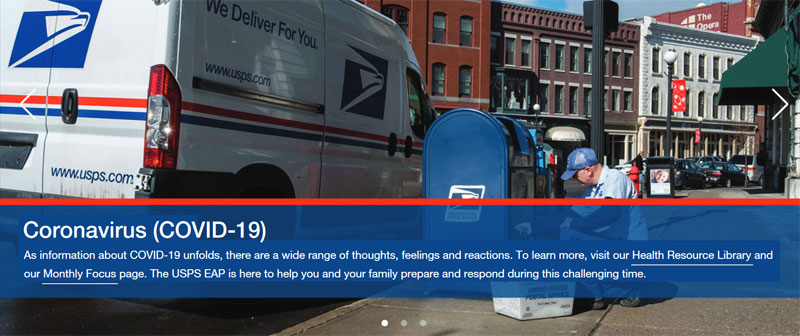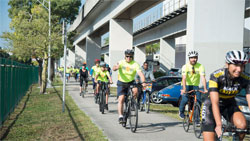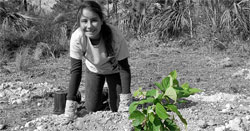Sisters and Brothers,
As the coronavirus, also called COVID-19, continues to spread in the United States, we want to share specific information for older Americans about how to stay safe and healthy.
Please read this material and forward it to your friends, neighbors and relatives. Older Americans and people with pre-existing health conditions are at particular risk from this virus.
We hope you find the information below from the Centers for Disease Control (CDC) and World Health Organization (WHO) helpful. Of course, please contact your health care provider or local health department for more specific information.
What is the coronavirus?
The “Coronavirus disease 2019” (COVID-19) is a new (also called “novel”) respiratory illness that makes it harder to breath. The name comes from how the virus appears under a microscope, as it appears to have “crowns” and corona is the Latin word for crown.
How does the coronavirus spread?
The virus is mainly spread between people who are in close contact with one another through respiratory droplets produced when an infected person coughs or sneezes. It is also possible that a person can get COVID-19 by touching a surface or object that has the virus on it and then touching their own mouth, nose, or eyes.
As of March 12, the CDC says “COVID-19 is a new disease and we are still learning how it spreads, the severity of illnesses it causes, and to what extent it may spread in the United States,” so all of this information may evolve as we learn more.
Can I get the virus from somebody who doesn’t know they are sick?
YES! The disease can be spread by infected people without — or prior to showing — any symptoms. This is why it is important to follow the public health guidelines before knowing of an outbreak in your community.
Why are older adults at greater risk for the effects of the coronavirus?
Viruses are not equal opportunity. Early data suggest older people are at least twice as likely to have serious COVID-19 illness.
This may be because people’s immune systems change as they age, making it harder for their body to fight off diseases and infection.
Older adults are also more likely to have underlying health conditions (including diabetes and heart/lung/kidney diseases) that make it harder to cope with and recover from illness.
If you are at increased risk for COVID-19 complications due to age or because you have a severe underlying medical condition, it is especially important for you to take actions to reduce your risk of exposure.
How can I protect myself?
People can help protect themselves from respiratory illness with simple preventive actions.
Avoid crowded places and steer clear of close contact with people who are sick. This entails avoiding non-essential travel such as long plane trips, and especially not embarking on cruise ships. We are seeing sports leagues, colleges, businesses and churches shut down large gatherings to avoid the spread. You should think before going to any gathering of more than a few people.
Avoid touching your eyes, nose, and mouth with unwashed hands.
Wash your hands often with soap and water for at least 20 seconds. Use an alcohol-based hand sanitizer that contains at least 60% alcohol if soap and water are not available.
If you have a fever, cough and difficulty breathing, seek medical care early. Stay home if you feel unwell. Follow the directions of your local health authority.
What extra steps can I take if I am in a vulnerable population?
Contact your healthcare provider to ask about obtaining extra necessary medications to have on hand. If you cannot get to the pharmacy, consider using mail-order for medications.
Be sure you have over-the-counter medicines and medical supplies (tissues, etc.) to treat fever and other symptoms in case you become ill.
Have enough household items and groceries on hand so that you will be prepared to stay at home for a period of time.
Avoid crowds as much as possible. If you are in a crowded area take precautions to keep space between you and others.
Stay home as much as possible. Consider ways of getting food brought to your house through family, social, or commercial networks.
What to do if you are sick with Coronavirus Disease 2019 (COVID-19)
Call ahead to a healthcare professional if you develop a fever and symptoms of respiratory illness, such as cough or difficulty breathing, and have been in close contact with a person known to have COVID-19, or if you live in or have recently traveled to an area with ongoing spread.
Where can I find more information about the coronavirus?
The Centers for Disease Control and Prevention web page on “People at Risk” specifically addresses concerns older Americans might have.
The World Health Organization also has an incredible amount of information on the situation around the world.
In Solidarity,
Bill Sauers








